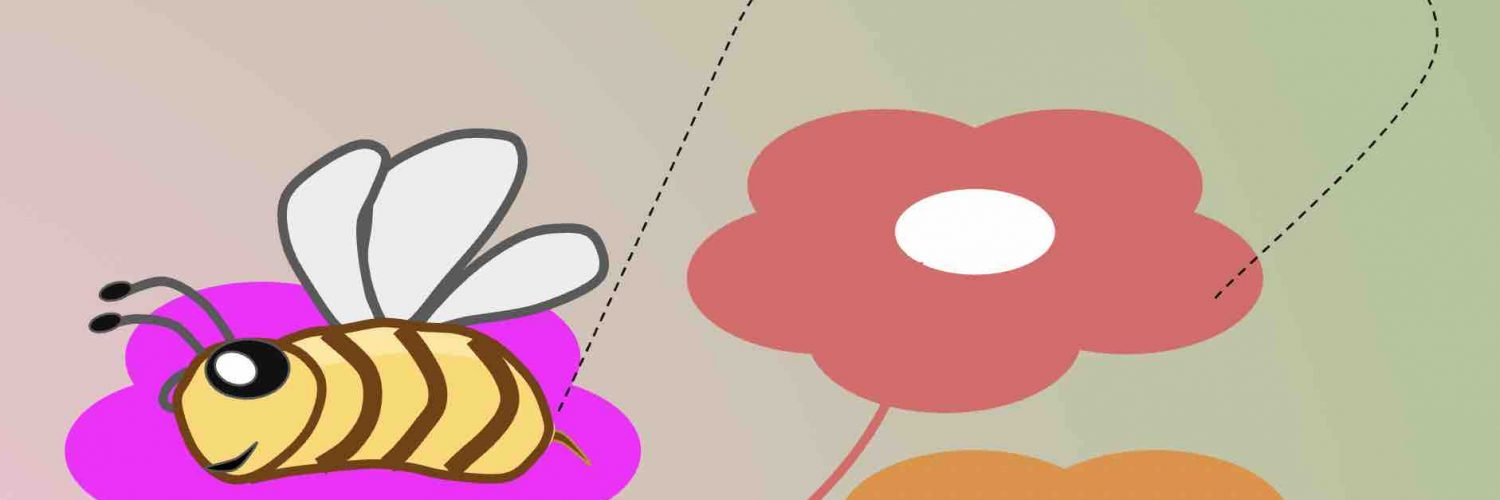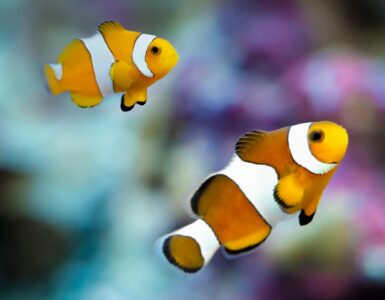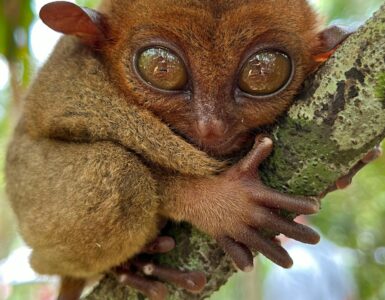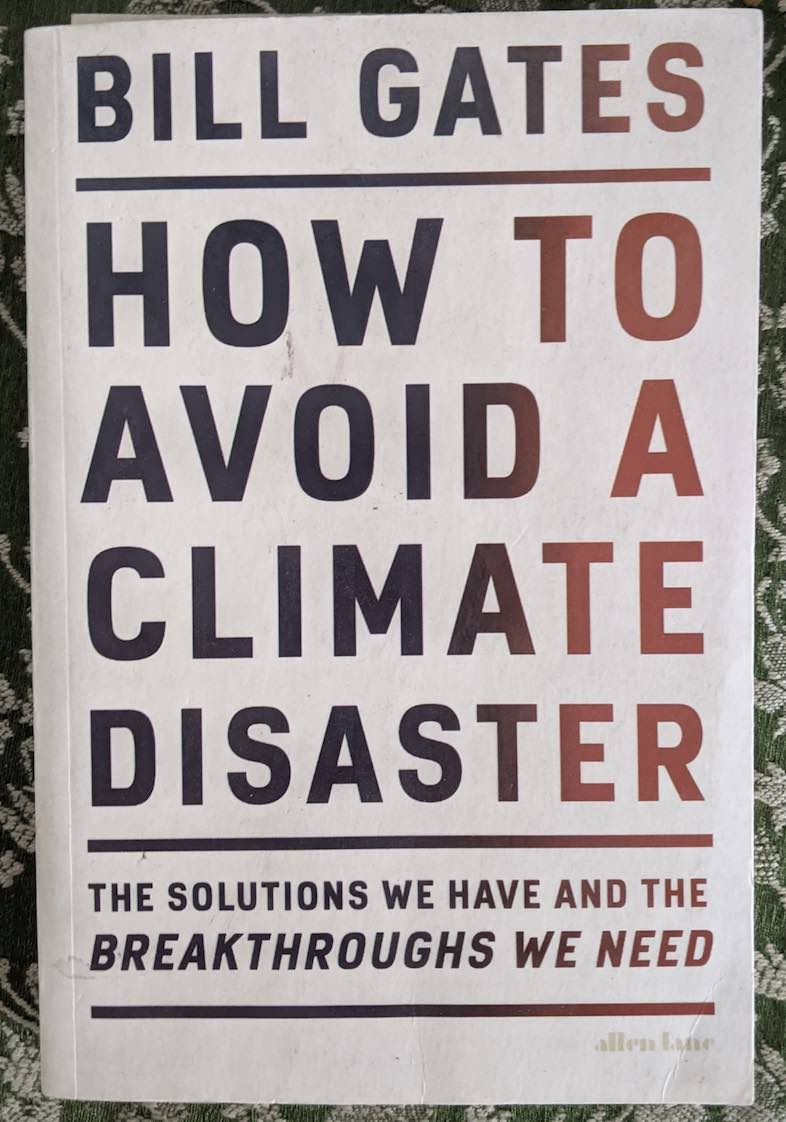Almonds, Melons, Raspberries, Strawberries, Mustard, Lettuce, Cucumber, Onion….and many more.
If you like eating your fruits and vegetables, you have one species to thank – Bees
Apart from the farmers who help cultivate the crops, there are millions of bees that labouriously work together to bring food to our plates. In fact, one-third of the food we eat depends on bees’ pollination activity, whereby Bees transfer the grains of pollen between the male and female parts of the flowers.
Therefore, when we think of bees, it is not only the Honey and Bee Wax that they give us, Bees are responsible for most of our food.
There are more than 20,000 distinct bee species around the world, helping in every aspect of the ecosystem.
Here is a quick video explaining the importance of bees.
What is Pollination?
While some plants rely on wind to provide pollination, which is called self-pollination. Most flowering plants in the world need the services of natural pollinators, such as honeybees, birds, and insects to do the work, this is called cross-pollination.
Bees are among the most efficient pollinator species in the world, and it is estimated that half of the pollinators of tropical plants are these little creatures.
Why do Bees do the Pollination activity?
The bees have to find their food in flowers which can be nectar. In the pursuit of the nectar, the bees, move between flowers transferring pollen grains from one flower to another.
The movement of pollen from one flower to another ensures cross-pollination. On average, a bee can visit more than 2,000 flowers in one day, greatly increasing the chances of a plant producing fruit or vegetable.
Butterflies, Birds, and other insects also help in cross-pollination but compared with other animals, bees are the most effective, primarily due to their hairy bodies. The branched structure of the hairs makes them highly effective at catching pollen.
Importance of Bees in growing Strawberries
Take for example the bright red-colored, extremely delicious, and succulent fruit Strawberry.
Strawberries are relatively simple little plants that produce flowers that are hermaphroditic. That means each strawberry flower contains both the male parts and the female parts. Pollen from the stamens at the outer edge of the flowers must make it a short distance to the pistils in the center for any fruit to grow.
If a strawberry plant is completely grown in a sealed apparatus with no wind or other movement, pollen wouldn’t make it to the pistils, and there would be no strawberries. Wind, rain, and other insects can move the pollen within the flower, however, that does not help in full pollination. Bees, such as honey bees or bumblebees, are usually necessary to allow for the complete pollination of a strawberry.
The evidence has shown that Bee pollination results in brighter and redder strawberries and fewer deformities and increases the overall yield of strawberry plants.
Bees are endangered
Unfortunately, bees and other pollinators are increasingly facing threats from climate change and unsustainable farming practices.
- Climate change disrupts the weather conditions, which in turn disrupts bees’ natural cycles, nesting behaviors, and other crucial habits. The changing climate can also affect when plants flower. When flowers bloom earlier or later than usual, the bees face a dangerous gap in their diet.
- Pesticides are another reason why the bee population is declining. The chemicals in pesticides spread to the pollen and Bees pick these insecticides when they are pollinating and take them back to the hive infecting the entire colony. This causes declines in the bee populations and even impacts the honey we eat.
What can we do to protect bees?
Plant native flowers in your garden: If you have the privilege, keep flowering plants in your garden so that bees can come and feed on the nectar. Bees love traditional cottage garden flowers and native wildflowers, like primrose, buddleia, and marigolds. Choose native flowers in a variety of shapes and colors that are suitable to the climate in the region.
Buy local honey: When buying honey, try to go for something local, from individual beekeepers who practice sustainability.
Planting pollinator-friendly plants in the open spaces: Planting wildflowers and other plants in open areas like parks, roadside, public spaces, and common areas can also benefit bees. Planting flowers can be done at an individual level or in a group after taking permission from the local authorities.
Create Awareness: Making your friends and family aware of the importance of bees in our day-to-day life can go a long way in ensuring their protection and conservation.
Wrapping Up
Bees are important and extremely vital for the survival of our ecosystems. Let us be respectful of their existence and do our best towards their protection and conservation.
United Nations recognizes May 20th as World Bee Day to acknowledge the importance of bees and other pollinators in our biodiversity.
Want to know more about Beekeeping? Read here.







Add comment